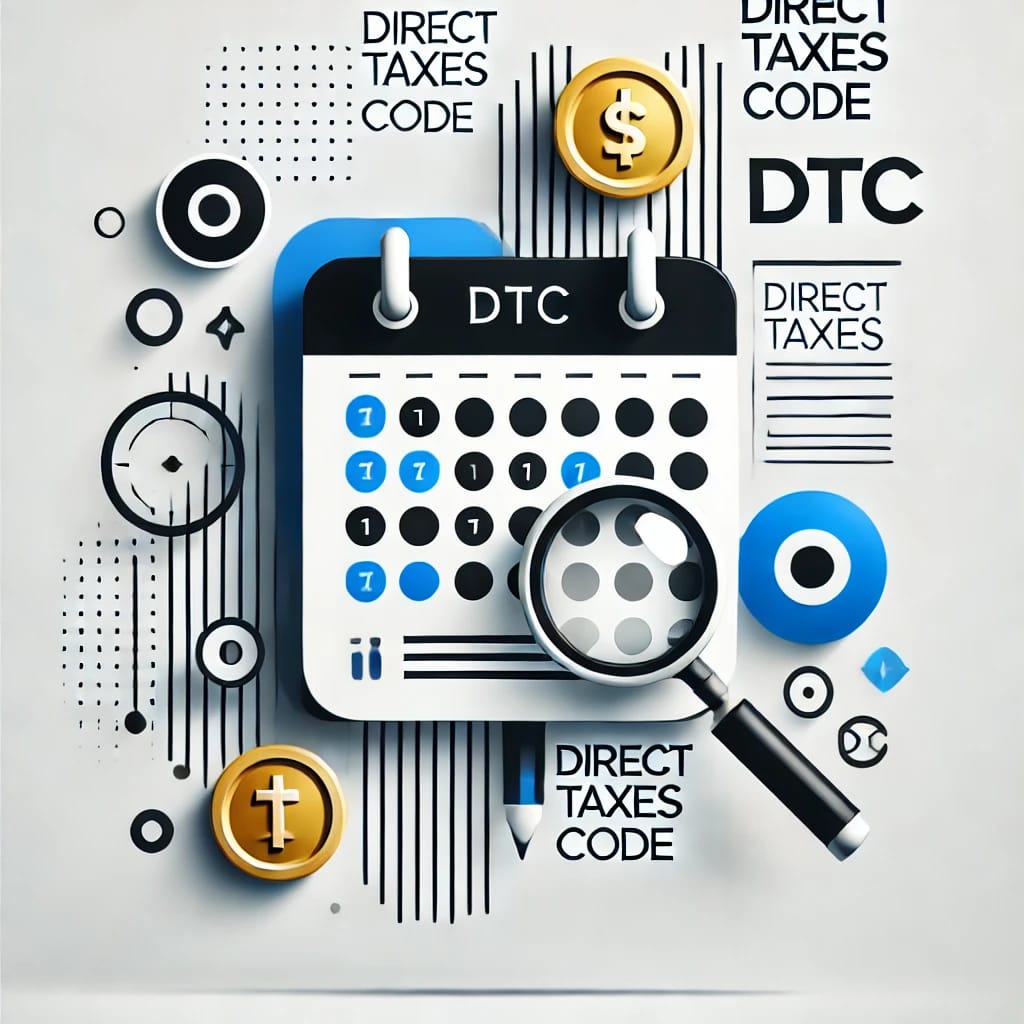
Budget 2025: Simplified Income Tax Code Expected, But No Major Reforms
By: Admin
January 11, 2025
Categories: Budget 2025-26
4 Min Read
The revamped Income-Tax Act, promising simplicity and clarity, may be tabled during the Budget 2025 session. Finance Minister Nirmala Sitharaman is expected to present the simplified tax code in her Budget speech, but the new law will likely avoid introducing significant policy changes or tax reforms, according to sources.
Aimed at Simplicity and Certainty
In her FY25 Budget speech last July, Sitharaman emphasized the need for a concise, easy-to-read law to reduce disputes, litigation, and uncertainty. The exercise to rewrite the Income-Tax Act, 1961, was launched to address its complexity, stemming from nearly 3,000 amendments and numerous court rulings over the years.
The government plans to retain existing tax policies, focusing on rewriting the law in plain language and streamlining procedures. An official confirmed that the draft of the simplified law is “ready” and undergoing internal discussions before its presentation to Parliament.
Concerns Over Stakeholder Consultation
Despite the draft being ready, uncertainties remain about its introduction in the February 1 Budget session due to limited stakeholder consultations. Experts have called for public review of the draft, similar to the process followed for the Data Privacy Bill.
A tax expert noted that businesses and taxpayers need adequate time to understand and provide feedback on the rewritten law. The new regime for corporates and individuals without deductions is already in place, but consultations would ensure a smoother transition.
Addressing Complexity and Compliance Challenges
The current tax framework is criticized for its intricate cross-references, multiple sub-sections, and extensive provisos, making compliance difficult for individuals and small businesses. While rewriting the law is crucial, experts argue it must be complemented by additional reforms to simplify processes like TDS rates and remove penalties for minor defaults.
Learning from Past Attempts
This isn’t the first effort to simplify direct tax laws. The most notable was the Direct Taxes Code (DTC) introduced in 2009, which aimed to overhaul the taxation regime. While the DTC was never legislated, many of its proposals, including GAAR provisions, taxation of indirect transfers, and reduced corporate tax rates, were implemented through amendments to the 1961 Act.
The need for a new direct tax framework resurfaced with the formation of the DTC Task Force in 2017, which submitted its report in 2019. However, the upcoming draft focuses solely on simplifying language and procedures rather than introducing major structural changes.
Conclusion
The simplified Income-Tax Act is a step forward in reducing compliance burdens and litigation. However, experts caution that rewriting the law alone won’t resolve all challenges. Complementary reforms, alongside clear drafting, are essential to ensure the revamped law achieves its intended goals.
